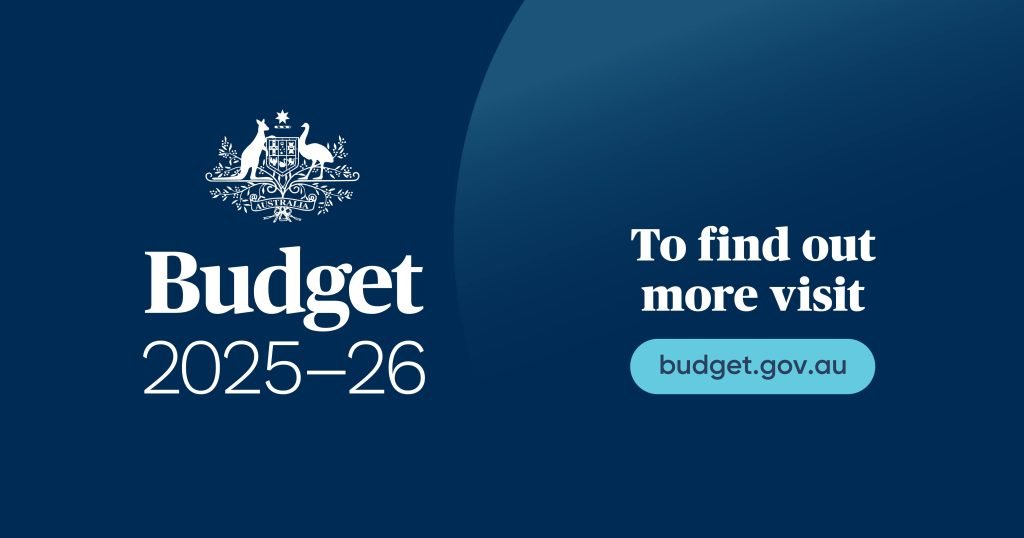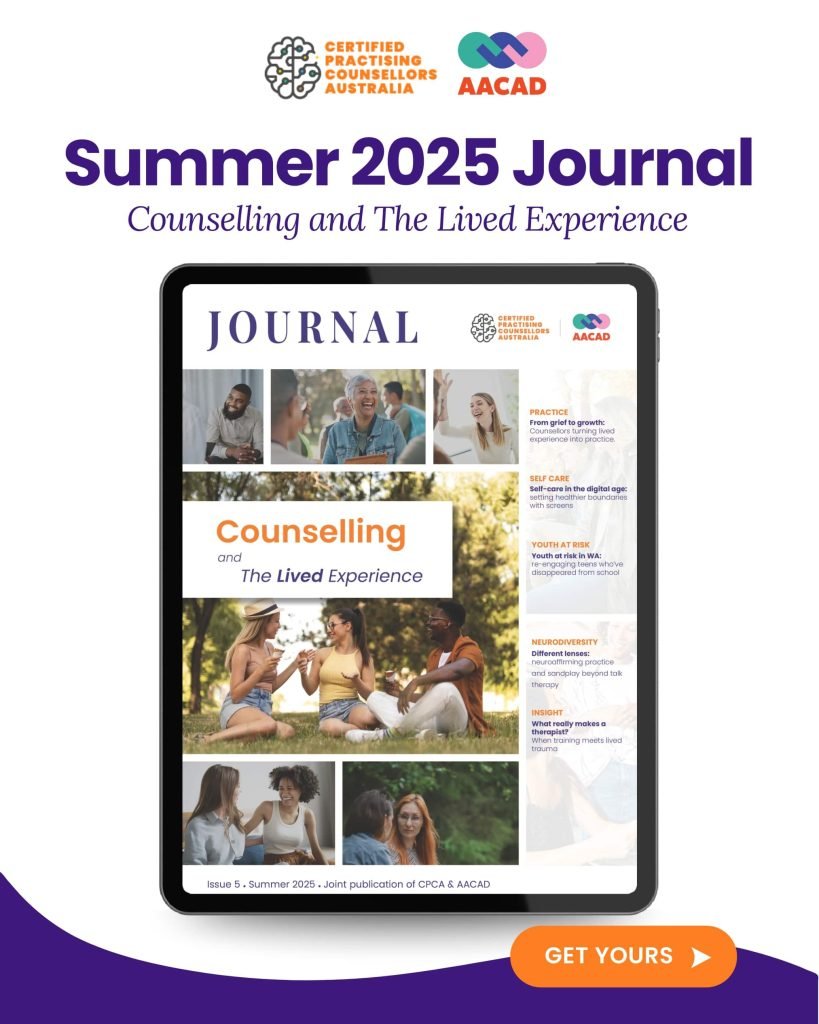
Once you become a counsellor you cannot afford to rest on your laurels. Professional development means maintaining, improving, and broadening knowledge and expertise to further develop in your profession. Counsellors need to learn and grow throughout their careers to ensure they continue to conduct their work safely, ethically, and legally within their evolving practice. Continual professional development is never a bad idea for any occupation but is particularly important for counsellors because of the nature of their work and the mental health field they reside in, which is always evolving and updating.
Professional development represents your commitment to yourself, your profession, and your clients. It is an ongoing process that will continue throughout your career so that you can adapt to industry changes, new information and consumer needs. There is no one way to undertake professional development, it is ultimately up to the individual how they choose to better themselves and it will vary depending on career stage, area of practice, learning style, specific needs and knowledge gaps and availability.
Focus on yourself and identify your own learning goals. When working a counsellor, you can look at your formal position description as a starting point and think about what areas and skills in relation to the core requirements of your job that can be improved, or you need a refresher on. Think about your career goals, the most important parts of your practice, and consider new research and developments. You can also give yourself some space to explore other relevant interests in the future if you plan on transitioning to a different area or to just broaden your knowledge.
You also have the options of:
- Consulting your peers/mentors and more experienced counsellors for advice and knowledge
- Professional supervision
- Attending seminars, conferences, and training workshops
- Undertaking private study and reading
- Keeping up with advances in research and theoretical developments
Your professional development is going to maintain and increase your competency and relevance in practice, as well as extending your capacity to make wiser decisions in complex and ambiguous situations so you can better assist the clients who will seek your services.



